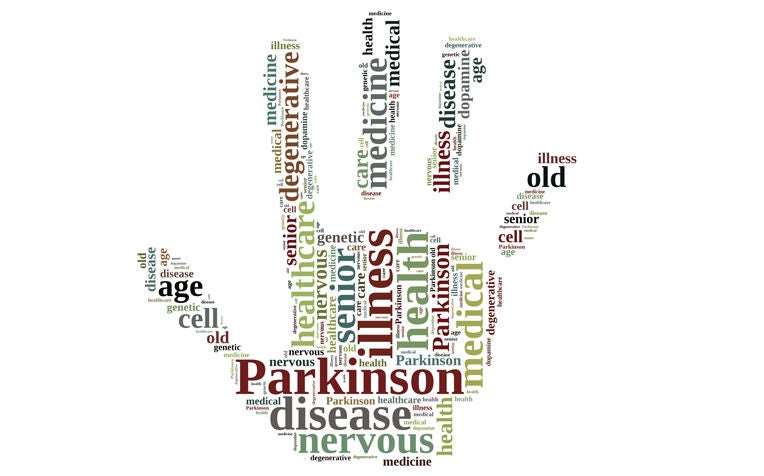
Uncontrollable shaking of hands are common telling symptoms of Parkinson disease.
Parkinson disease is a neurological disorder that may present with a slight shaking or tremor in one’s finger, hands, lips or feet.
Tremors associated with Parkinson disease usually occur when the person is at rest and stop when the person is moving. That’s unlike essential tremors, another neurological disorder, which tend to occur during voluntary activities like writing or eating, but stop when the patient is at rest.
“Parkinson disease affects three out of every thousand individuals, aged 50 years and above in Singapore, and its prevalence is expected to increase with an ageing population,” says Associate Professor Louis Tan, Senior Consultant at the Department of Neurology at the National Neuroscience Institute (TTSH Campus), a member of the SingHealth group.
What causes Parkinson disease?
Parkinson disease is the result of damage to a group of neurons in the brain called substantia nigra. These dopamine-producing neurons are responsible for keeping the body’s movements smooth and well-coordinated.
A dopamine deficiency as a result of damaged neurons will lead to impairment of muscle control, facial expressions and bodily movements like walking. People with Parkinson disease often find themselves blinking less or having less facial expressions, appearing as if they are masking their emotions.
What triggers neurological damage in Parkinson disease?
The exact cause of neurological damage in Parkinson disease is unknown. But research points to genetic mutation and exposure to environmental toxins as possible triggers. Heredity represents a small risk factor of 4 to 6 per cent.
Symptoms of Parkinson disease
Symptoms typically first appear on one side of the body before affecting both sides. Involuntary shaking or tremors while at rest, muscle stiffness in the neck and limbs, and slowing down of movements are the most common signs of Parkinson disease.
Other symptoms include:
- Expressionless face
- Poor balance and coordination
- Hunched posture
- Shuffling gait
- Slow and quiet monotone voice, slurring speech
- Soft voice
- Constipation
Complications arising from Parkinson disease
Besides progressive loss of motor movements, Parkinson patients may in the advanced stages suffer from cognitive impairment such as a poor memory and inability to complete normal tasks. They may show signs of depression and compulsive behaviour. Medication-induced hallucinations are also common.
Treatment of Parkinson disease
Parkinson disease can get progressively worse or deteriorate sharply. In its advanced stage, dementia develops and the muscles may start to freeze up, making normal walking extremely difficult.
Doctors will normally treat Parkinson disease with a combination of medication, surgery, and physical and speech therapy.
Medication
Medication is used to increase the dopamine supply. Levodopa is the most common drug for Parkinson disease. The brain converts levodopa into dopamine to make up for the shortfall of natural dopamine. Its effectiveness however, diminishes as the disease advances.
Other medications include dopamine agonists which behave as pseudo dopamine, anticholinergics which control tremors, and enzyme inhibitors like monoamine oxidase B (MAO-B) inhibitors which stop the brain from metabolising the dopamine and may also have some disease-modifying effects.
Delusions, hallucinations, and confusion are possible side effects of medications for Parkinson disease.
Surgery
A surgical procedure known as deep brain stimulation is performed on patients with advanced Parkinson disease who do not respond well to medication. It involves planting a neurotransmitter in the brain to control movement.
Physical and speech therapies
Physical therapy improves coordination, movement, and muscle strength, while speech therapy will ease speaking and swallowing difficulties.
“Parkinson disease can greatly affect the patient’s quality of life. It is important to stay physically active and maintain a positive outlook,” says A/Prof Tan.
The National Neuroscience Institute has a support group for patients with Parkinson disease.
Ref. R14
Contributed by


















 Get it on Google Play
Get it on Google Play